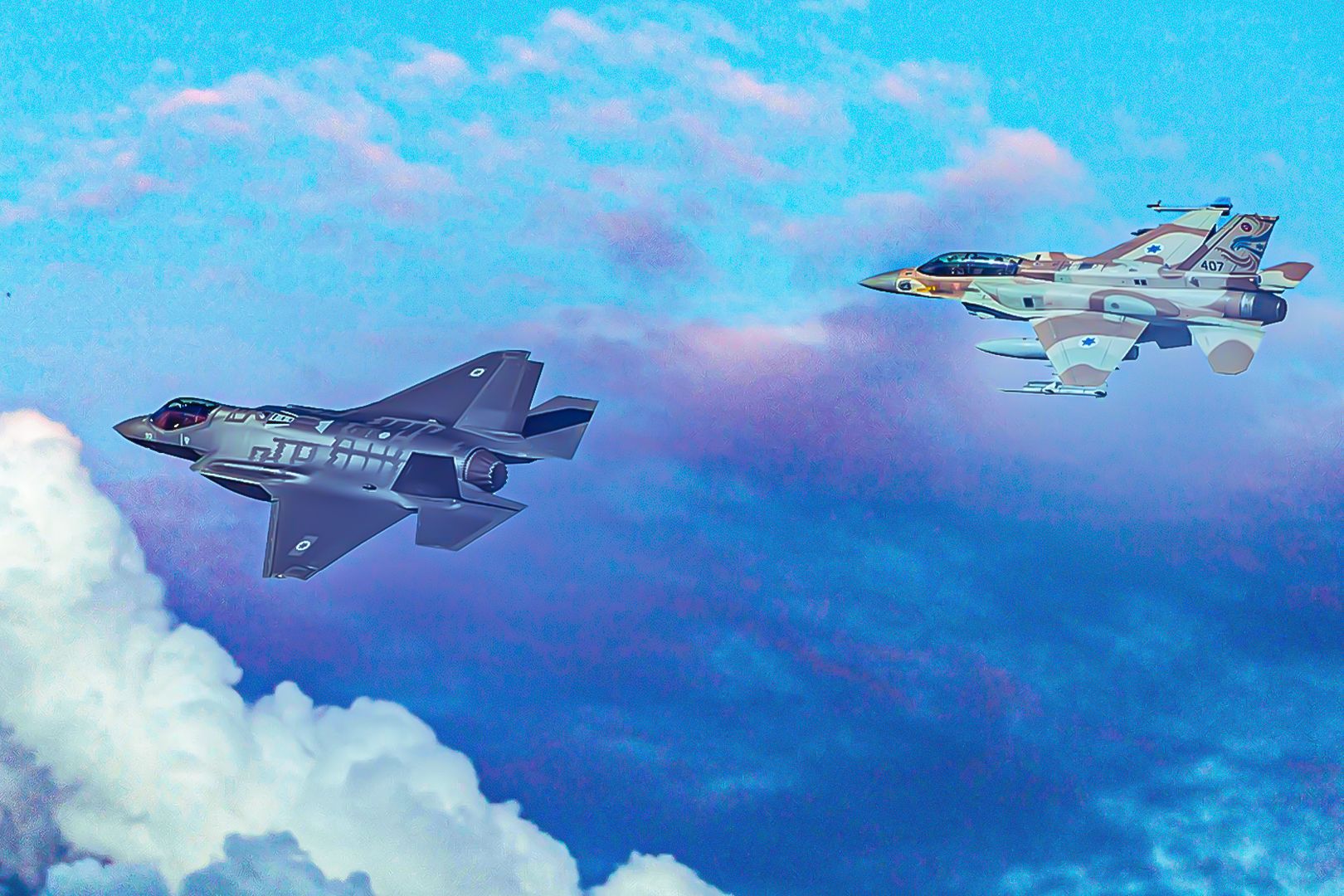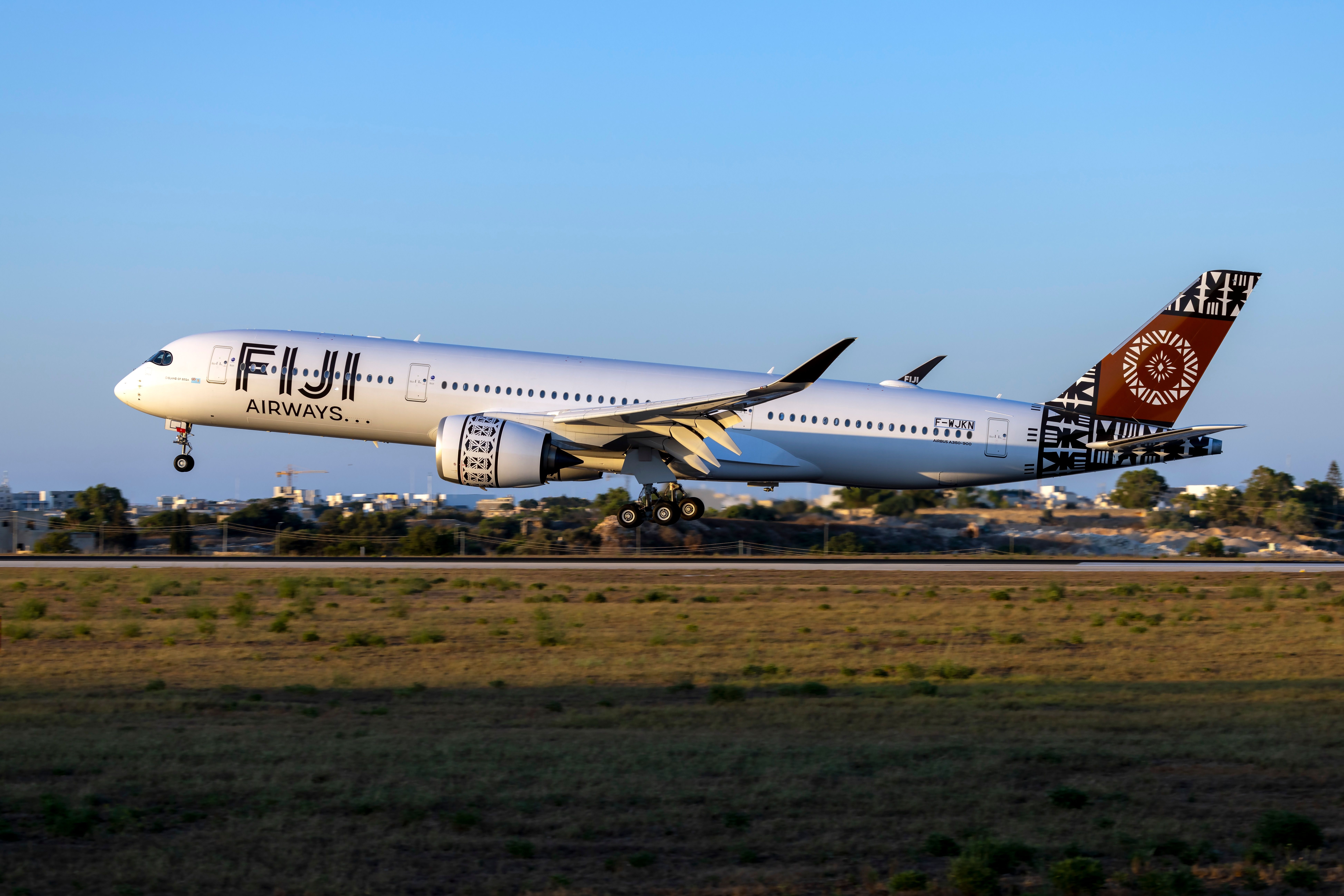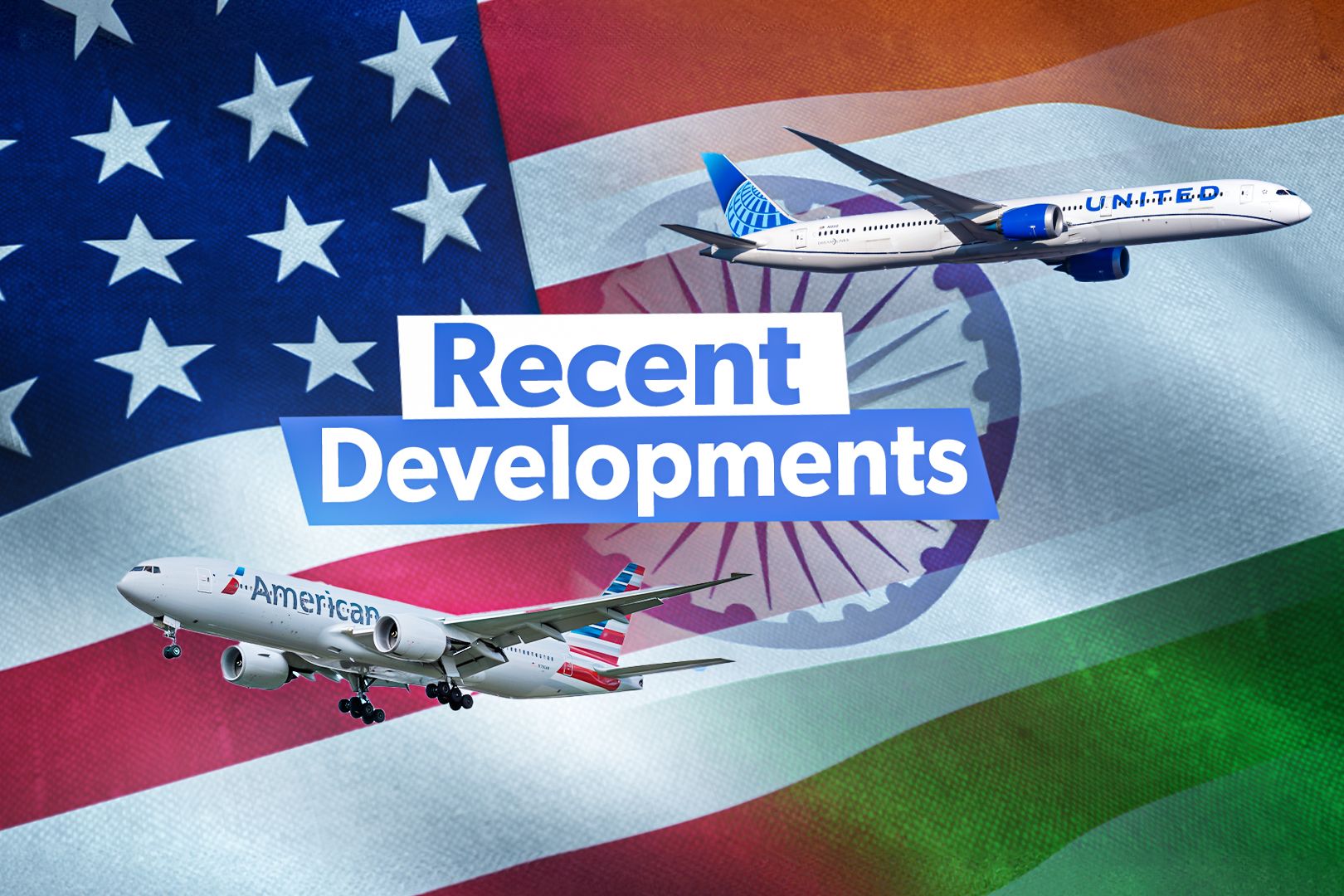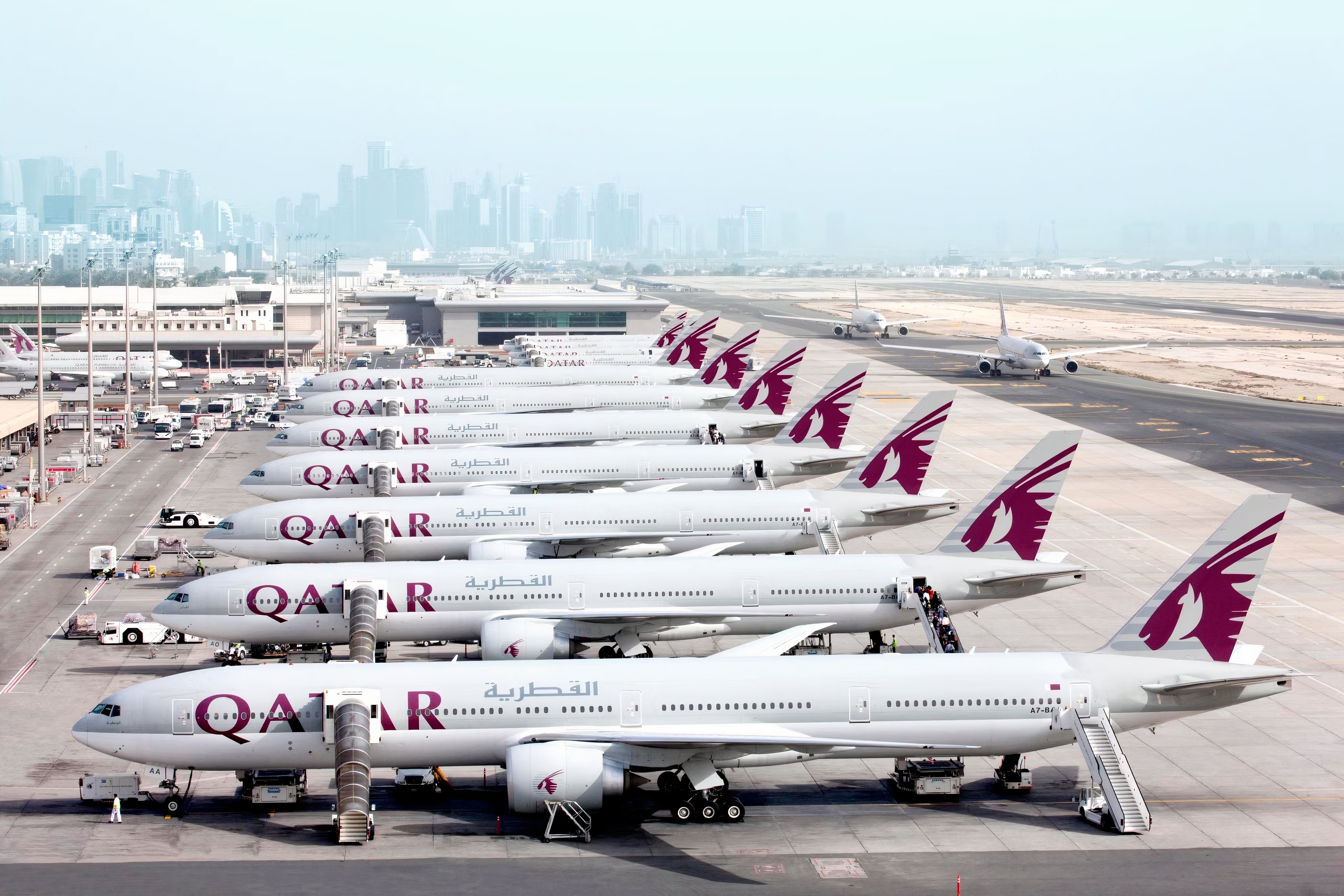Summary US blocked Turkey from F-35 program for buying Russian S-400 SAM system, hinting at potential readmission if S-400s are given up. Gulf States like UAE, Saudi Arabia, Qatar desire F-35s, facing approval challenges amid Israel's opposition and other regional tensions. Thailand denied US F-35 purchase due to training and technical issues, Taiwan interested but met with resistance over Chinese tensions and espionage fears.
The F-35 Lightning II is arguably the most advanced fighter jet on the international market (there are export restrictions on the F-22 Raptor). The F-35 has been purchased by dozens of US allies worldwide , but the US does not just sell the jet to any country. Some countries would like to purchase the F-35, but the United States has blocked the sales for various reasons (the countries below are not an exhaustive list).

The US is very protective of the F-35 fighter jet and does not want to see it compromised - although it does permit some countries to produce the F-35 locally under license . Turkey Perhaps the most famous and high-profile example of the US blocking the F-35's sale is to Turkey. Turkey is a NATO member and key ally and partner of the United States in the region.
Turkey also hosts a major US Air Force base at Incirlik Air Base (which is home to the 39th Air Base Wing and US tactical nuclear weapons). Turkey was part of the F-35 program and purchased F-35s, the first of which had been built and were ready to be delivered to Turkey in 2018. Turkey's participation in F-35 program Participation: 2002 as a development participant (Level 3 partner) Number of planned Jets: 100 F-35As Suspension: 2018 Formal termination: 2019 Jets received: 6 (at Luke Air Force Base) However, Turkey purchased the Russian S-400 SAM system against the express wishes of the United States.
The US warned Turkey that it could not operate both the Russian S-400 and the US F-35, fearing that the S-400 would compromise the F-35's ability to defeat the Russian air defense systems in a war. Turkey went ahead with the purchase, and so the US kicked Turkey out of the program in 2019 (Turkey was still pursuing a refund in 2024). Six jets have been built and handed over to Turkey (but still in the US) and are still at Luke Air Force Base in Arizona in storage.
Bloomberg reported in January 2024 that if Turkey were to give up its S-400s, the US would be open to letting Turkey back into the program. After Turkey approved the Swedish bid to join NATO, the US approved the sale of 40 new F-16 Block 70/72s to Turkey, along with upgrade kits to many of its existing fleet of F-16s. Turkey is also working on developing its own advanced fighter jet (the KAAN) , so it is unclear how much interest Turkey still has in rejoining the program.
Around half a dozen Western fighter jets are in production today, with rates ranging from around 10 per year to over 150 annually. The Gulf States The Gulf States of the United Arab Emirates, Saudi Arabia, and Qatar are known to want to purchase the F-35. Following the Abraham Accords, in which the UAE recognized Israel, the United States approved the sale of 50 F-35s to the UAE.
However, since then, the deal has not progressed, and while Israel said it didn't oppose the deal in 2020, it is thought that it is still opposed to the deal. The UAE has reportedly grown frustrated and is reportedly considering purchasing Chinese jets like the J-20 instead . F-35 timeline: 2001: Lockheed Martin X-35 selected 2006: First flight 2015: F-35B introduced (US Marines) 2016: F-35A introduced (US Air Force) 2018-9: Turkey removed 2019: F-35C introduced (US Navy) 2024: 1,000th F-35 delivered Qatar is another ally of the United States in the region.
While it is a small country, it has built up a large and modern air force with almost 100 modern combat jets. In 2020, Qatar submitted a formal request to purchase F-35 jets from the US. However, this request was denied—it is believed the reason was partly opposition from Israel and also from Saudi Arabia, with whom Qatar has complicated relations.
Saudi Arabia is also believed to be interested in purchasing F-35s from the United States. It was reported by the Eurasian Times that there had been "substantial progress" in finalizing a deal where Saudi Arabia would purchase F-35s. That said, it is unclear if the deal will materialize and there has been resistance to selling the jets to Saudi Arabia up to now.
Forbes reported in 2023 that the US imposed "onerous" conditions on the sale of F-35s to the Middle East - even countries installing Chinese Huawei 5G mobile phone network is considered a security risk. Lockheed Martin has finally delivered the 1,000th F-35 after assembling the 1,000th F-35 in January. Asia - Thailand and Taiwan Thailand has been designated a major non-NATO US ally since 2003.
But even so, Thailand's request to purchase the jet was denied. Reuters reported in May 2023, " The United States has declined to sell its F-35 stealth fighter jets to Thailand over issues with training and technical requirements, the Southeast Asian country's air force said on Thursday. " Since then, it appears Thailand will purchase Swedish Gripens instead .
Taiwan is also believed to be interested in purchasing F-35s ( The Diplomat reported that Taiwan wanted to buy the F-35B in 2018). But Taiwan is very complicated, and such a move would likely trigger fury in Beijing. The US is also potentially afraid of Chinese espionage.
Instead, the US is supplying Taiwan with 66 Lockheed Martin F-16Vs. The National Interest stated there was concern of " ..
.angering Beijing and concern that the fighters’ sensitive technology could fall into the hands of the People’s Republic of China (PRC) .".



















